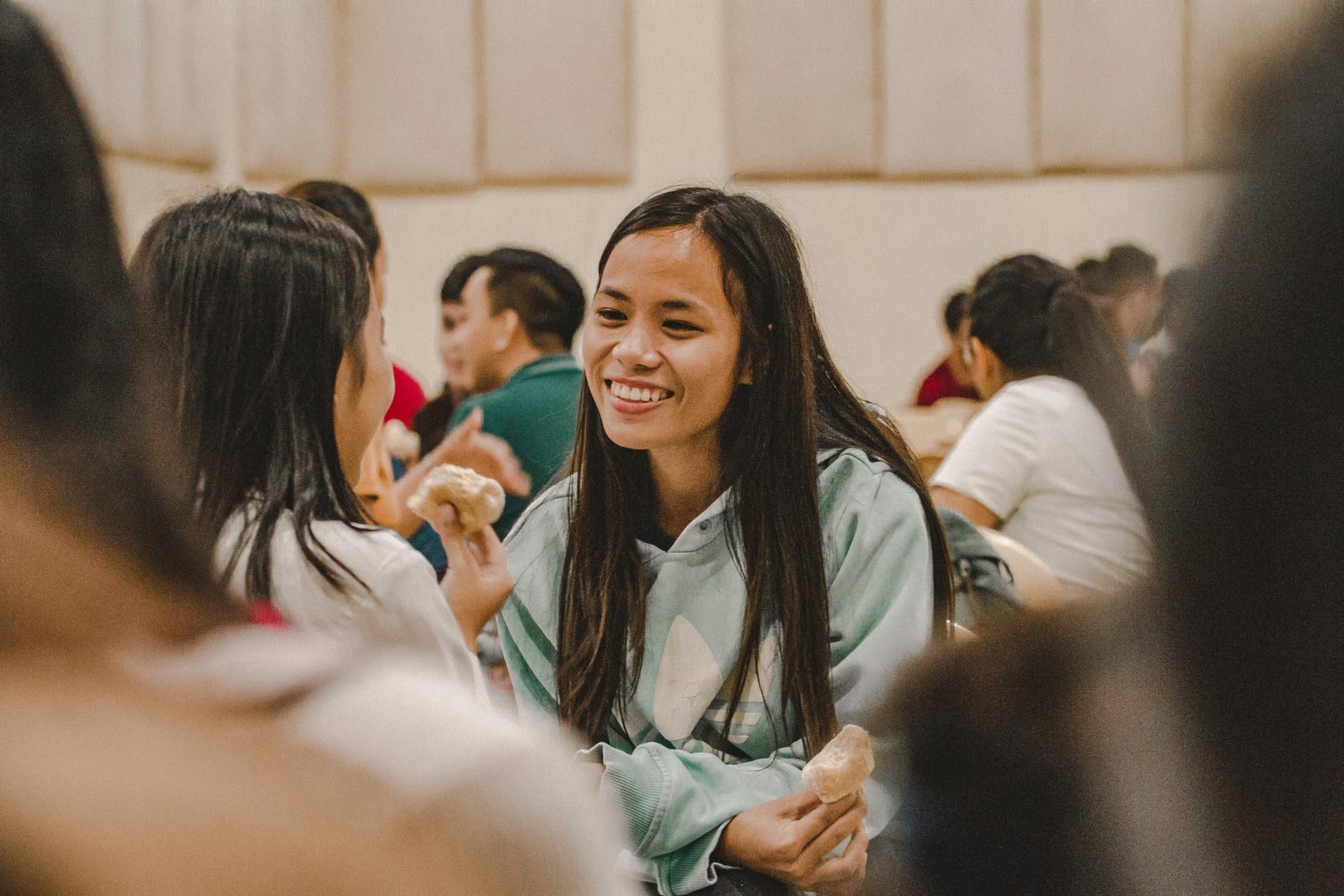Building Positive Relationships in the Schooling Environment
Nicola Pereira • February 10, 2021
Building Positive Relationships in the Schooling Environment

Relationships are key to any student’s success and growth. Students are required to
manage relationships in a number of areas – at home with their parents, at school
with their friends and teachers and on the sports field. Stipek (2002), states that a key
aspect which can impact on whether a student has positive academic motivation and
engagement at school and at home is their sense of social relatedness at school. The
Covid-19 pandemic has had a notable impact on the mental and emotional well-being
of families as well as the development and sustainability of relationships.
Meador (2018), states that in order to maximise the potential of any student it is
important that positive and respectful relationships be developed with parents,
friends and teachers. Developing solid relationships are fundamental for a student to
become academically successful. However, building trusting relationships with the
various people in a student’s life can be both challenging and time-consuming.
Below are some strategies that Meador (2018) and the search-instiutte.org, suggest
can be used by teachers and parents to create positive relationships with
adolescents. These strategies include:
Providing Structure
Most young people respond positively to having structure in their classroom and in
their personal lives. Having structure allows young people to feel safe and contributes
to improved learning. Parents and teachers need to be consistent and follow through
when students overstep the boundaries that have been put in place.
Have a Positive Attitude
Everyone has terrible days including teachers and parents. We all go through
personal trials that can be difficult to handle. Teachers and parents should approach
their time with students each day with a positive approach. If the teacher or parent is
positive, the students will generally be positive. Who likes to be around someone who
is always negative?
Use Student Interests to Your Advantage
Every student has a passion for something. Teachers and parents should use the
interests and passions of students to their advantage. Once teachers are aware of
what their students are interested in, then creative ways to integrate these interests
into lessons can be identified. If parents are aware of what is of interest to their
children, they are able to have positive and engaging conversations regarding the
interests that their children are passionate about.
Treat Them With Respect
Young people will be unlikely to respect you if you do not respect them. Problems
should be dealt with individually, in a respectful, yet direct and authoritative manner.
You cannot play favourites. It is vital that teachers and parents are fair and consistent
when dealing with young people.
Good Communication With Teachers
Parents should have an open and respectful relationship with their children’s
teachers. In this way parents and teachers are able to in a collaborative manner in
order to support young people in their academic journey. If parents have any
concerns they should communicate this to the children’s teachers in order to get the
correct support from the teachers educating their children. Parents also benefit from
being involved in their children's education by getting ideas from their children’s
teachers on how to help and support their children, and by learning more about the
school's academic program and how it works.
Provide Support
Ask your teenager how they are feeling about the world, themselves, and the future
during the Covid-19 crisis. As parents and teachers show that you really hear them
when they respond and that you care about their feelings. Teenagers want to feel that
they are being heard and that their views are respected.
Expand Possibilities
As parents and teachers, we are able to assist teenagers to connect with people and
places which allow teenagers to broaden their world. This can be achieved through
being honest about an experience you as a parent or teacher have experienced that
was difficult when you were young and how this possibly shaped who you are as a
parent or teacher today. As a teacher or parent, you could ask your teenager to use
the Web or social media to explore how other teenagers from around the world are
experiencing and responding to the Covid-19 pandemic. Encourage a virtual chat or
text with other teenagers. This will allow your teen to feel connected and part of the
bigger world.
Good communication between families and schools is necessary for the academic
success of young people. Research indicates that the more parents and teachers
share relevant information with each other about a student, the better equipped both
will be to help that student achieve academically.
Nicola Pereira
Educational Psychologist
Crawford International Sandton College
Reference List:
Meador, D. (2018). Strategies for Teachers to Develop Positive Relationships With
Students. https://www.thoughtco.com/develop-positive-relationships-with-
students-3194339. [Accessed 31/01/2018]
Department of Education – Virginia (2002). Collaborative Family-School Relationships
for Children’s Learning. http://www.doe.virginia.gov/support/student_family/family-
school_relationships/collaborative_family-school_relationships.pdf [Accessed:
31/01/2018]
American Federation of Teachers. (2007). Building Parent-Teacher Relationships.
http://www.readingrockets.org/article/building-parent-teacher-relationships [Accessed
31/01/2018]












